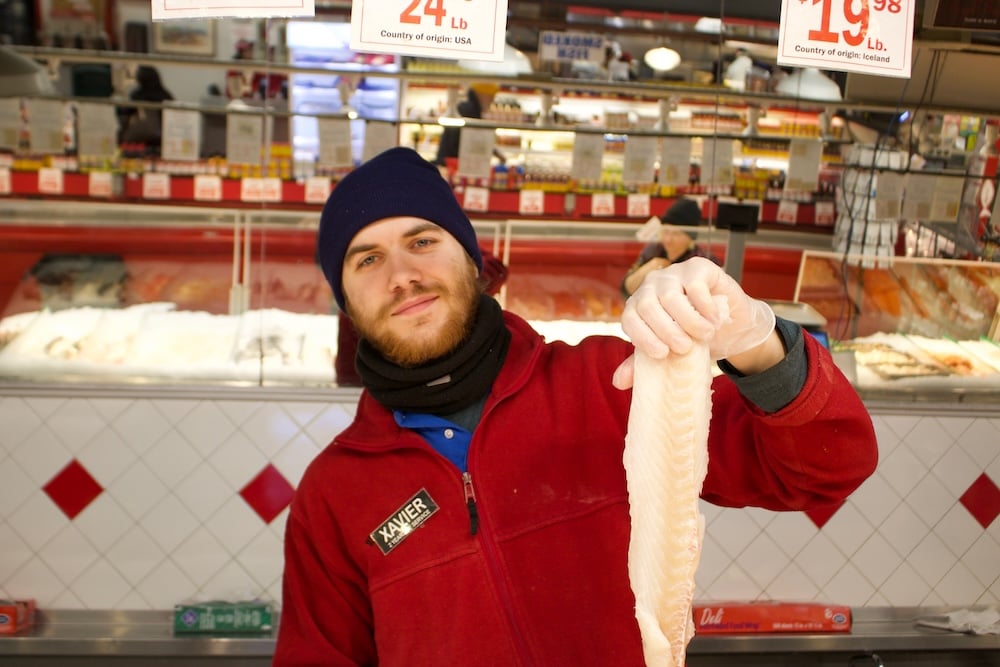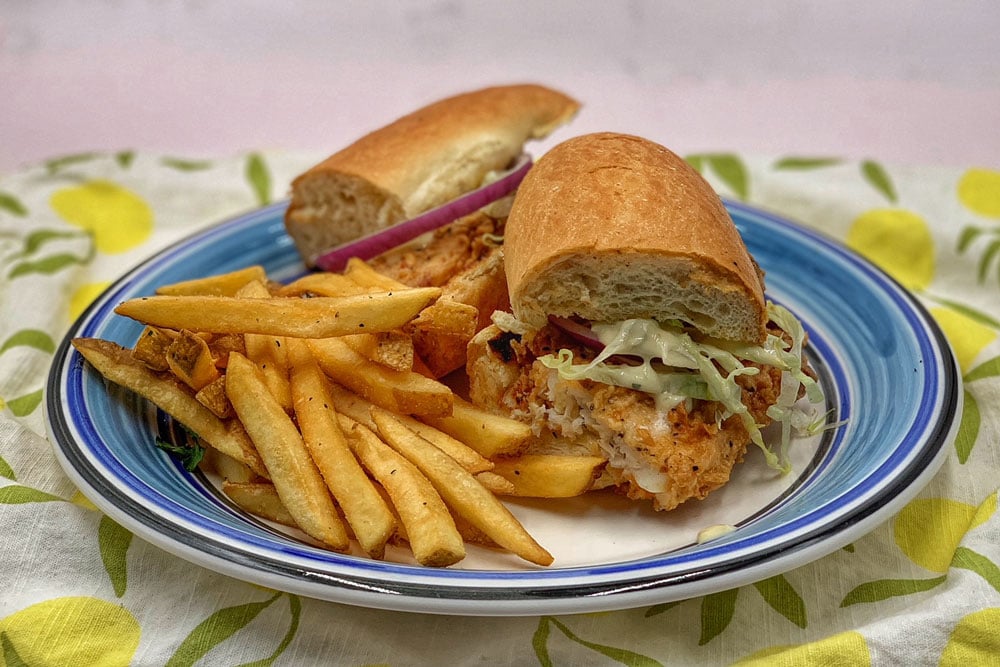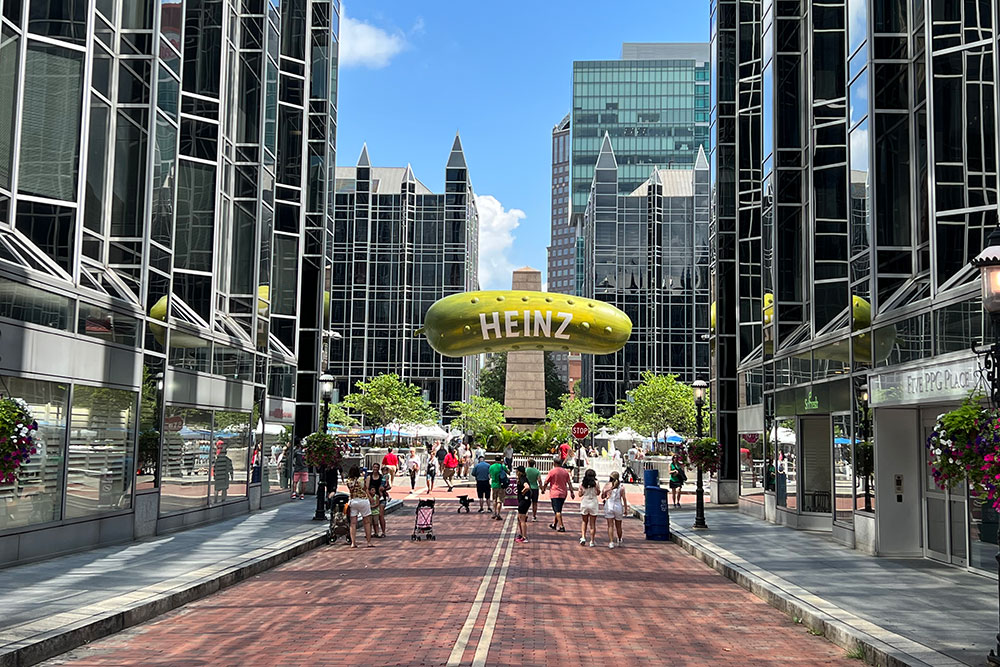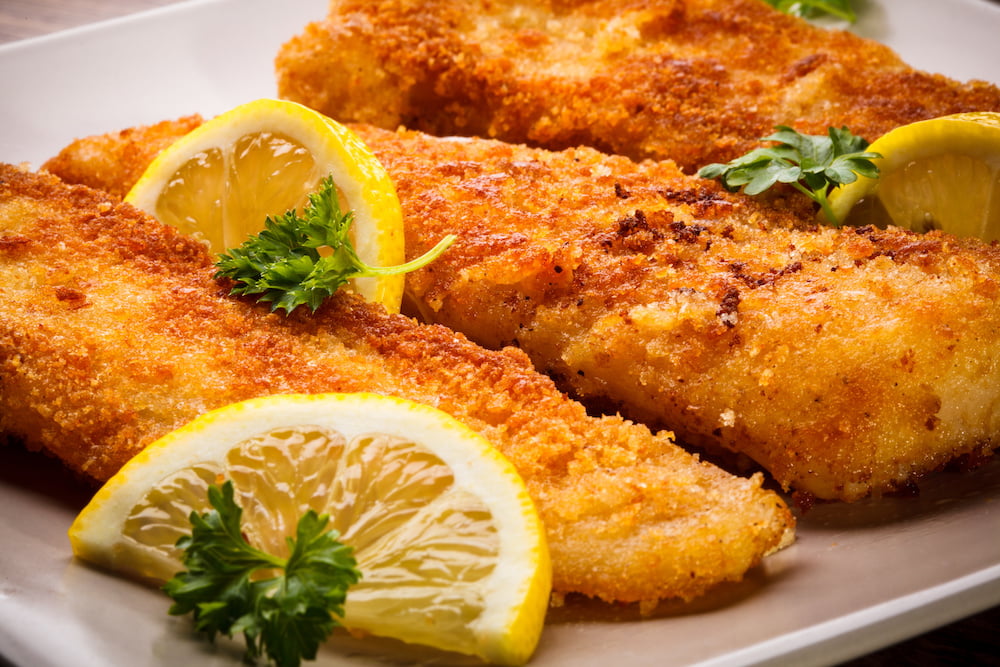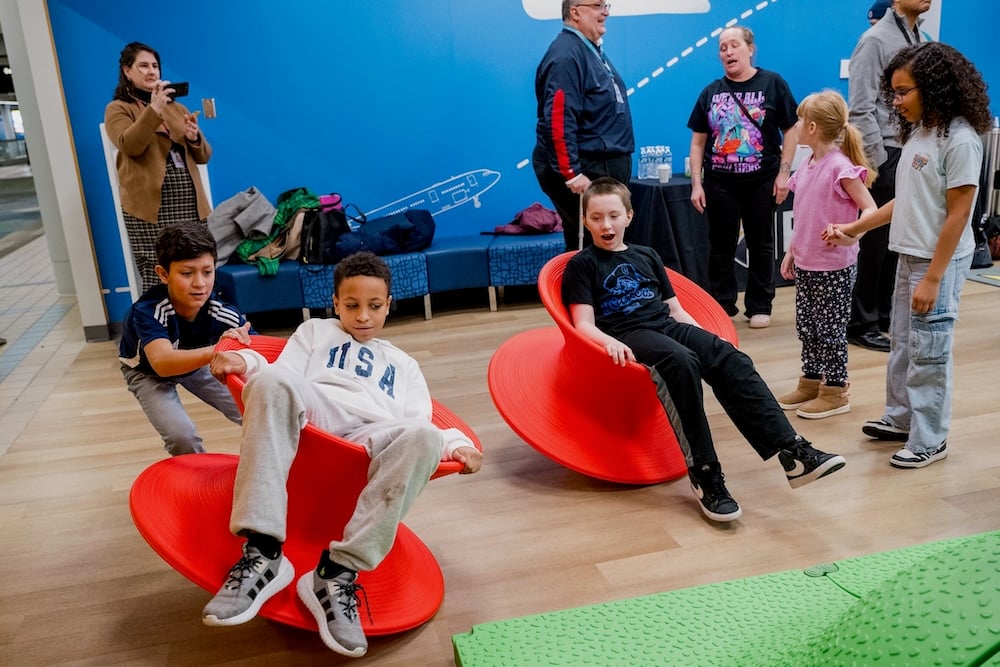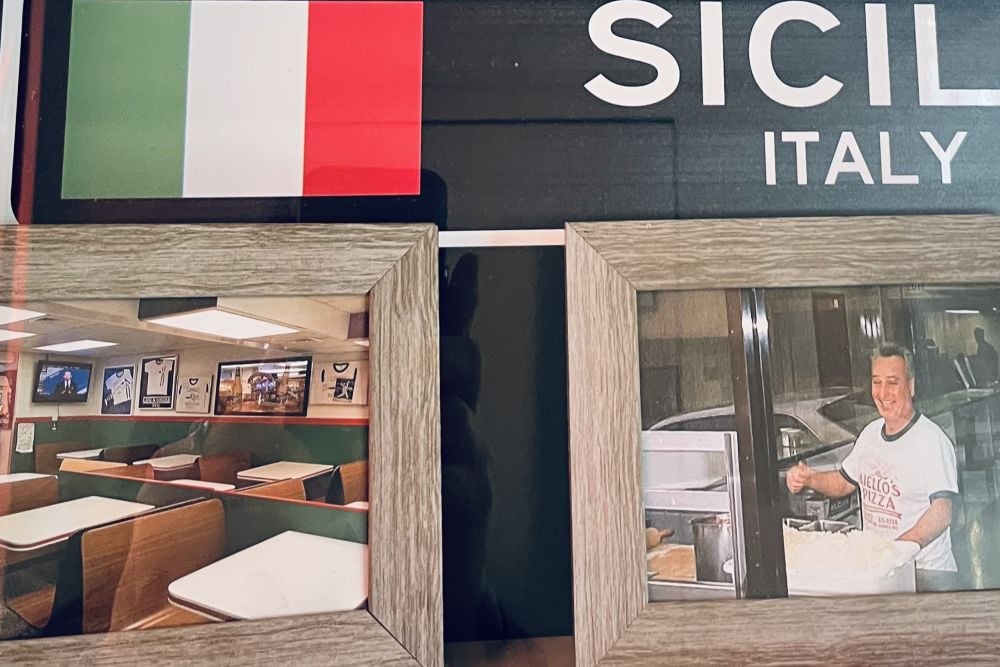Say Cheese! Goat Rodeo Farm & Dairy Produces Award-Winning Cheeses With an Army of Gleeful Goats
The 130-acre farm is only 15 miles outside of Pittsburgh, yet a world away.
Carlene the goat spent a year on the lam.
The longtime resident of Indiana Township’s Goat Rodeo Farm & Dairy was ready to retire to a new home, but gave her would-be adopters the slip near North Park. There, she found the perfect spot for evading capture on a steep, wooded hillside.
Officials were able to lure the elusive ungulate into a large box trap using an apple as bait. Carlene was sent back to Goat Rodeo, where she’s still the Big Cheese in charge of making some of the finest fromage in the country.
“She’s the first one to get milked,” says Will Loevner, whose parents Steve and India started the business in 2015. “She’s definitely the boss.”
Carlene is my cloven-hoofed hero.
The escape artist lives with 80 other goats on the 130-acre farm that’s only 15 miles outside of Pittsburgh, yet a world away. The rural area is lush, green and filled with a variety of free-range inhabitants. On the drive there, I watched a chicken cross the road and make it safely to the other side.
It’s the first time I have ever laughed at that joke.
When I arrived at my destination, I peeked into the milking barn, said hello and was enthusiastically greeted by 50 female goats (including Carlene). The collective bleating was one of the most joyful sounds I have ever heard.
“The happier the goats, the better the milk; the better the milk, the better the cheese,” Will says. “We taste-test every batch. It’s a job perk.”
The affable 26-year-old grew up on the farm and is the only one of the Loevners’ four (human) kids who works there. In addition to making award-winning cheeses, he tends to the herd, which is made up of three breeds.
Pointy-eared Alpines, like Carlene, are the most social. Nubians have floppy ears and produce the most protein-rich milk. Lamanchas have stubby ears and, according to Will, are the biggest troublemakers. I can attest to this as one tried to eat my notebook, even though she gets a steady diet of hay, grass, grains — and the occasional Christmas tree.
All of the animals have names and distinct personalities. There’s a hierarchy here, and goats tend to hang out with the kids they were raised with. It’s basically a barnyard version of high school.
After staying with their mothers for a few days, newborns are bottle-fed to help socialize them. When they turn 2, females join the ranks of the milkers. Goats, who churn out a gallon each day through the spring, summer and fall, reach their production peak between 4 and 6 years of age. Retirees are sent to Allegheny GoatScape, where they spend the rest of their lives ridding the city of invasive plant species and unwanted vegetation.
At 14, Carlene’s udder is still going strong, making her the G.O.A.T.
Goat Rodeo supplements its milk supply with liquid from several other area farms, including goat’s milk from the adorably named MJ’s Just Kidding Dairy and cow’s milk from Le-Ara Farms in Worthington to make a more diverse line of cheeses.
Inside the creamery, cheesemaker Alex Campolongo, a chef by trade, was busy transforming a mix of goat and cow’s milk into 10-pound wheels of Bamboozle. The semi-soft cheese, which is washed with Tracks Again pilsner from Strip District-based Cinderlands Beer Co., has racked up numerous awards over the years, including 2nd Place Best in Show at the 2022 American Cheese Society Annual Conference, where cows from Wisconsin usually take the top trophies.
Those heifers have nothing on Carlene.
Goat Rodeo products appear on local menus and store shelves and are distributed across the country. They include creamy Chèvre, Cowboy Coffee rubbed with Commonplace Coffeehouse’s Perpetual Blend Espresso, a goat’s milk Gouda called Hootenanny, More Cowbell (I’ve got a fever for this cave-aged cheese), and the newest member of the corral, Wild Rosemary. Pressed with freshly dried rosemary and extra virgin olive oil, it looks, smells and tastes heavenly. If you’ve got a sweet tooth, Goat Rodeo also makes caramels.
India, who was raised on a beef-cow farm in Sarver, purchased the property with her husband 30 years ago. After acquiring two pregnant, prize-winning does, the couple took cheese-making classes at Penn State University and the University of Vermont and started making small batches in their kitchen. Now the walls of the creamery office are lined with photos of beloved billys (along with a Cheese of the Month calendar).
On the other side of the farm, Will and his fiancée live in a house near the rowdy bucks, who hilariously photobombed the couple’s engagement pictures. The herd has great comedic timing.
Despite the silliness that comes with raising ruminants, Will knows that what they’re doing is serious business.
“Our mission,” he says, patting Carlene’s head, “is to preserve Pennsylvania farmland, one wheel of cheese at a time.”







